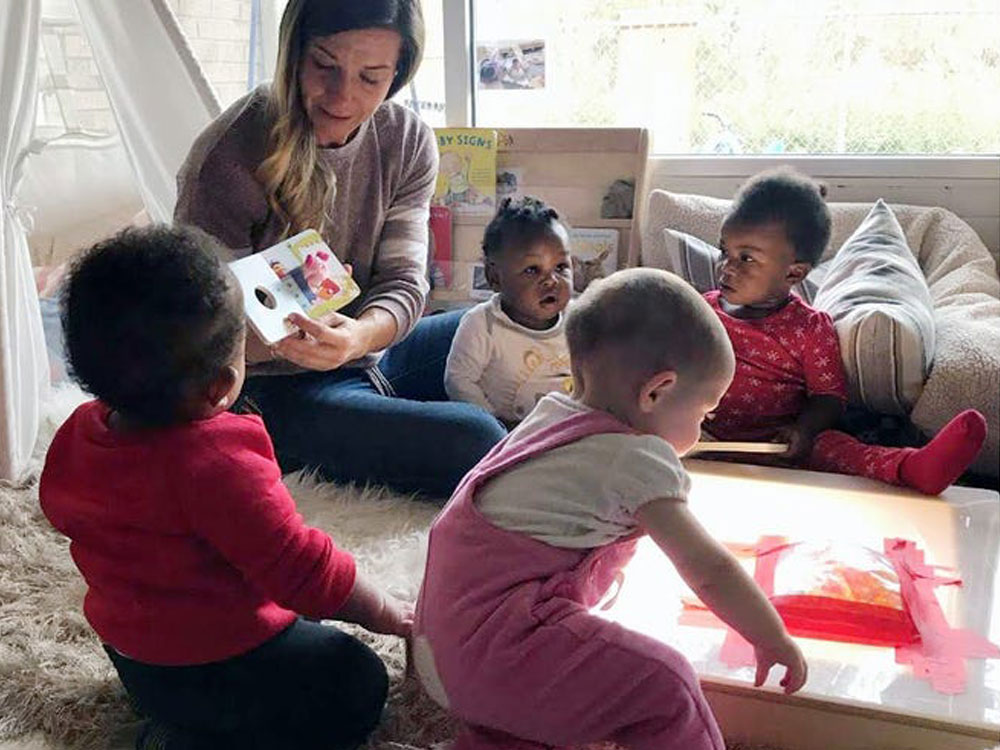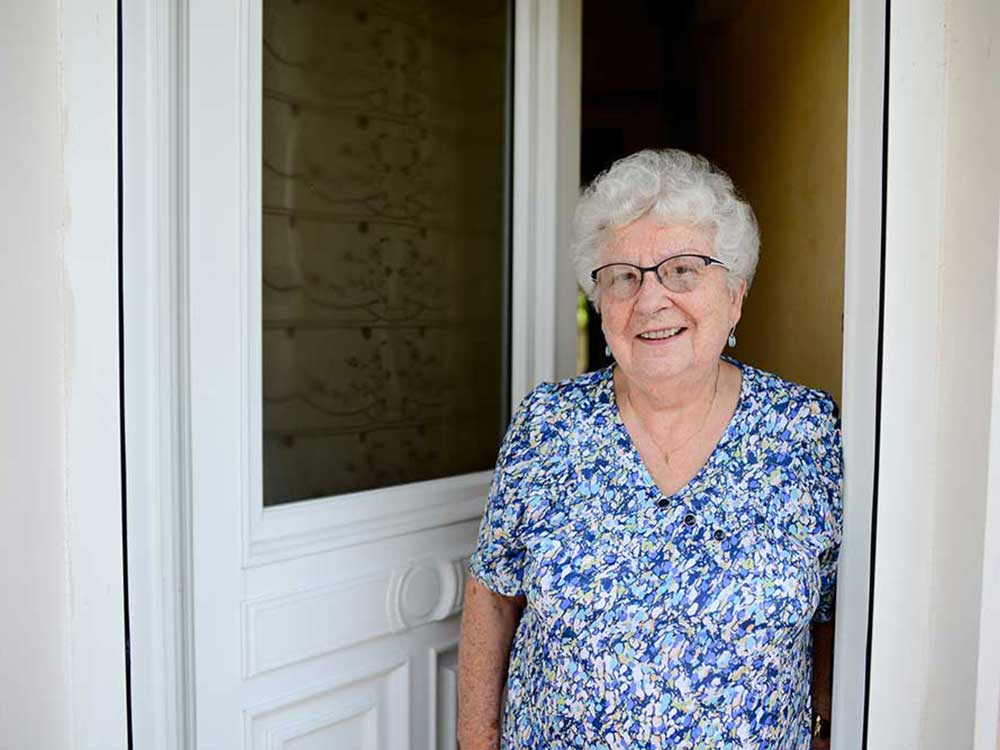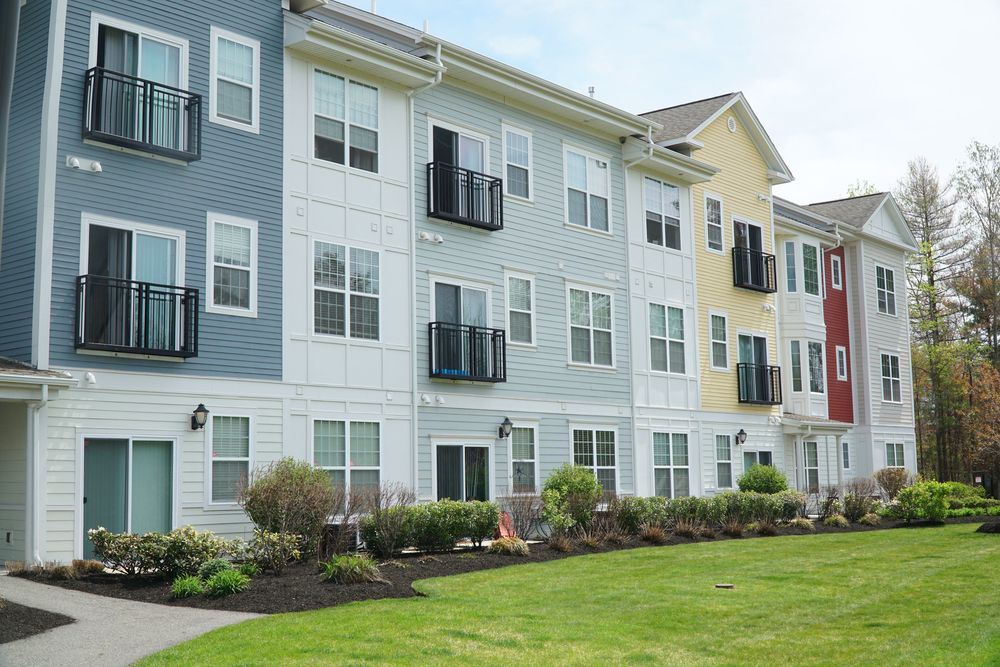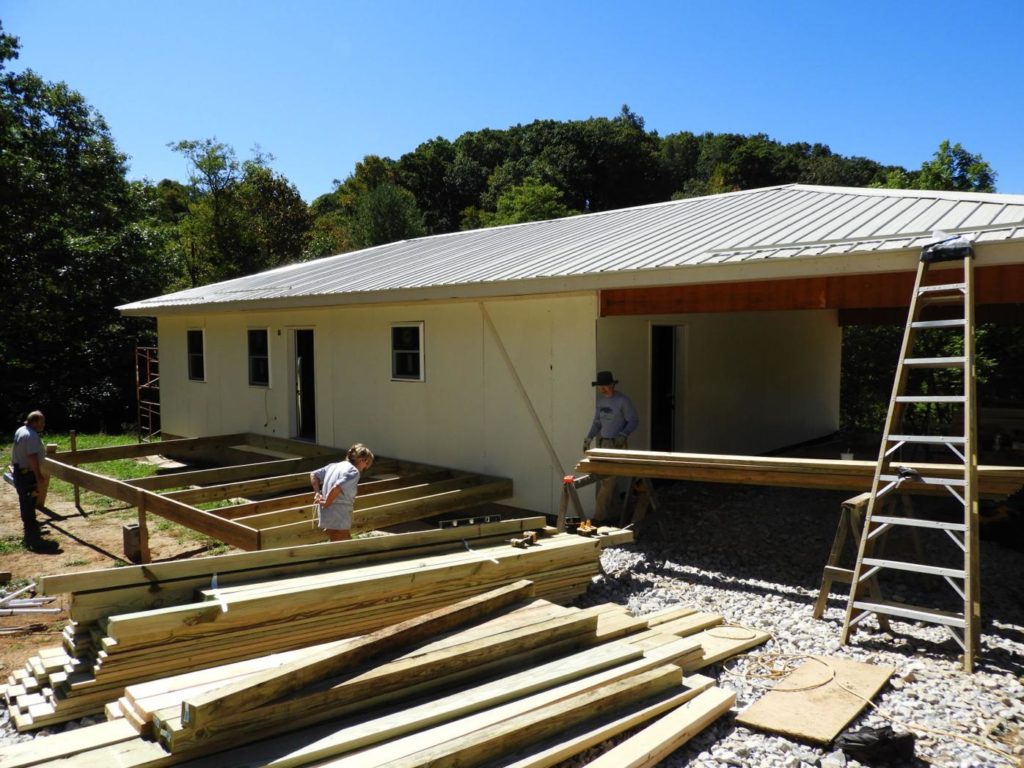Dogwood Health Trust is completely independent from HCA, and HCA has no control over Dogwood or its assets. In addition to investing in the health and wellness of our region, one of Dogwood Health Trust’s roles is to ensure that HCA remains in compliance with the terms it agreed to when it purchased the assets of Mission Health System. As of April 1, 2024, we have engaged the services of Affiliated Monitors, Inc. (AMI) to serve as the Independent Monitor that will help us collect and evaluate comments about HCA’s compliance. As AMI transitions into their role and establishes their schedule for community meetings, we will post information here.
To learn more about the Independent Monitor’s role, please see below.
Read our latest statement about HCA’s compliance.
The Independent Monitor is a highly qualified firm that helps monitor HCA’s compliance with the promises it made when it acquired the assets of Mission Health System. Among those promises are:
Affiliated Monitors, Inc. serves as the Independent Monitor.
Several organizations work with the Independent Monitor to ensure HCA honors its obligations:
The Independent Monitor visits all hospitals to become familiar with their operations and reviews regular reports from HCA. HCA also shares these reports will all of the organizations listed above. In addition, the Independent Monitor offers an avenue for WNC residents to share any concerns or feedback related to compliance issues.
Mission Health’s Office of Patient Experience
For reporting concerns directly to Mission Health
Phone: 828-213-1210
NC Division of Health Service Regulation
By Phone: 1-800-624-3004 (within NC) or 919-855-4500 (Hotline Hours: 9:00 a.m. – 12:00 p.m. and 1:00 p.m. – 4:00 p.m. weekdays, except holidays)
By Fax: 919-715-7724
By Mail: Complaint Intake Unit, 2711 Mail Service Center, Raleigh, NC 27699-2711
The Joint Commission reviews concerns about patient safety.
Phone: 800-994-6610 Email: [email protected]
Centers for Medicare and Medicaid Services
For complaints about HIPPA (patient privacy)
Phone: 1-800-MEDICARE
If the Independent Monitor, the applicable advisory board and HCA cannot come to an agreement about a change in HCA’s obligations, then Dogwood Health Trust will attempt to resolve any dispute. If the dispute cannot be resolved, Dogwood Health Trust may choose to pursue the matter through the courts.
Dogwood Health Trust currently pays for the Independent Monitor’s services.
Address:
890 Hendersonville Rd
Asheville, NC 28803
Mailing:
890 Hendersonville Rd
Asheville, NC 28803
Join our mailing list to receive updates on our latest news, funding opportunities, and more.
© 2024 Dogwood Health Trust. All rights reserved.

Support programs and networks that reduce deaths, treat addiction, and prevent first use

Help reduce disparities based on race, location, education and income factors

Invest in integrated heath care with seamless connections to supportive services

Support communities that promote healthy living and resiliency and help mitigate the impact of trauma, isolation and stress on individuals and families, especially those experiencing poverty

Support a well-funded, sustainable, competitive entrepreneur and small business ecosystem throughout the region

Help build a regional economic ecosystem that supports increased creation/retention of jobs and business ownership

Help build a skilled workforce with the knowledge and technical abilities to excel in a wide range of industry employment opportunities that provide a competitive, sustainable wage

Source, analyze and share a comprehensive, county-by-county data set that paints a full picture of work readiness, economic development and entrepreneurial needs and opportunities specific to Western North Carolina

Work in tandem with Economic Opportunity Strategic Priority to invest in career readiness at the community college and university levels

Support K-12 learning experiences with the resources and sustainability to provide an excellent academic and social-emotional education, so that all students graduate ready for college or career

Invest in an improved early childhood education ecosystem with the resources and sustainability to provide developmentally appropriate, affordable and accessible education and care to support ages birth to five, so that all children in WNC enter kindergarten ready to learn

Source, analyze and share a comprehensive set of publicly available data that provides a regularly updated, county-by-county picture of access, workforce and student outcomes in early childhood education and K-12 education specific to Western North Carolina

Loans, guarantees, and other financial tools to leverage funding opportunities

Increase affordable housing for lowest-income individuals and families

Support age-appropriate resources in affordable and workforce units, rental and owned

Invest in housing with sustainable supports for physical and mental health and wellbeing

Support healthy and safe revitalizations that work against displacement and gentrification, preserve home ownership and create generational wealth.